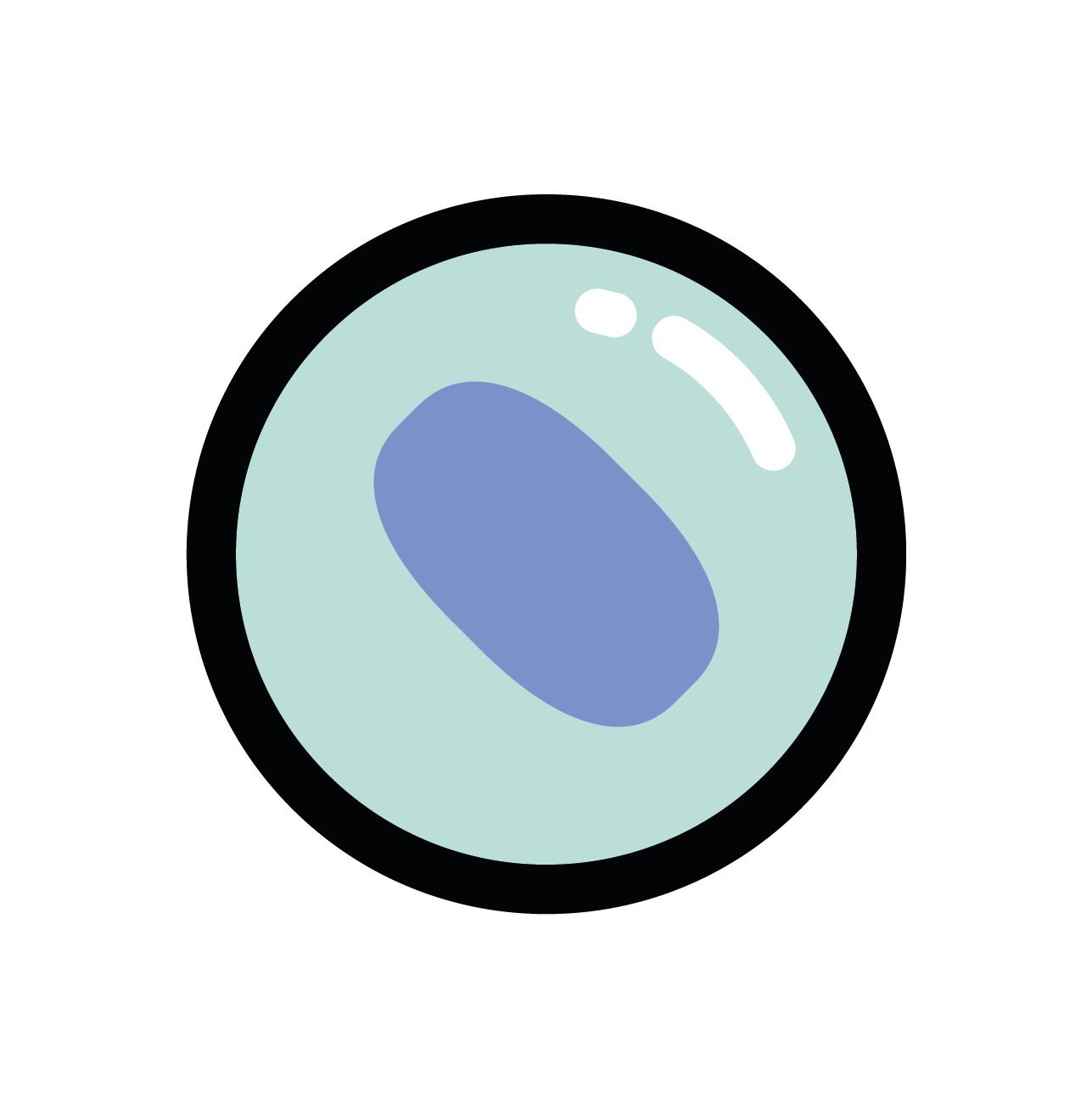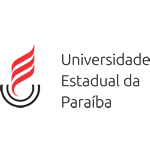
Frequently asked questions
Why get vaccinated?
Vaccines protect the individual from preventable diseases. Many of them have generated important epidemics in the past and high morbidity and mortality in the population. Vaccination is considered the second measure of greatest impact in reducing suffering, sequelae or death, after only to basic sanitation and water treatment.
What is the role of vaccines?
Its function is to generate lasting immunological protection that prevents illness or prevents the manifestation of serious forms or complications of preventable diseases. It also has an important collective function (called collective or herd immunity), which seeks to reduce and eliminate the circulation of the disease in the population and indirectly protect the most vulnerable people.
Are vaccines effective?
Vaccines are highly effective, which means that they generate immunity in vaccinated individuals. The effectiveness of most vaccines is around 95 to 99.99%. In addition, when vaccination is carried out en masse, collective immunity occurs, also called herd immunity, which allows the eradication, elimination or control of disease in a region or country.
Can vaccines have adverse effects?
All vaccines, before being released for use in the population, undergo rigorous clinical studies to ensure their effectiveness and safety. The vast majority of vaccines can generate in a small percentage of people mild adverse events such as pain at the application site, or temporary malaise. These manifestations are mainly the result of the body’s immune response reacting to vaccines and producing antibodies. Serious events such as anaphylaxis, among others, are extremely rare and contraindicate later doses of this vaccine. The presence of an adverse effect after vaccination is systematically reported and monitored by pharmacovigilance.
Do I need to vaccinate if I have a healthy way of life?
Families that have a healthy way of life as a stimulus to breastfeeding, healthy eating and physical activity habits can prevent or delay some illness processes and protect health. However, vaccine-preventable diseases such as meningitis, tetanus, polio, hepatitis B, for instance, have a natural history that can culminate in sequelae, complications and sometimes death, even in the face of healthy habits. These characteristics indicate that the best form of protection against vaccine-preventable diseases is vaccination.
How should I find out about vaccines and avoid Fake News about vaccination?
Today we are facing an avalanche of information transmitted through the internet and digital networks, unprecedented in the history of mankind. In the case of vaccination, the existence of anti-vaccination groups and Fake News about vaccines has repeatedly harmed the general population with misinformation and untruths generating fear and uncertainty. Thus, the sources of information with greater scientific legitimacy are those of recognized organizations and institutions in the health field (World Health Organization, Pan American Health Organization, Ministry of Health of Brazil, National Immunizations Program, Brazilian Immunizations Society , among others) and the Vaccine Observatory, which is always based on scientific evidence.
Avoid spreading rumors and fake News. Always check the source and veracity of the information before passing it on. If you are faced with information about the vaccine, before moving on, you can check on the “Health without Fake” channel of the Ministry of Health.


 Haemophilus Vaccine
Haemophilus Vaccine
 Hepatitis B Vaccine
Hepatitis B Vaccine
 Hepatitis A Vaccine
Hepatitis A Vaccine



